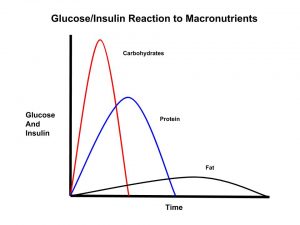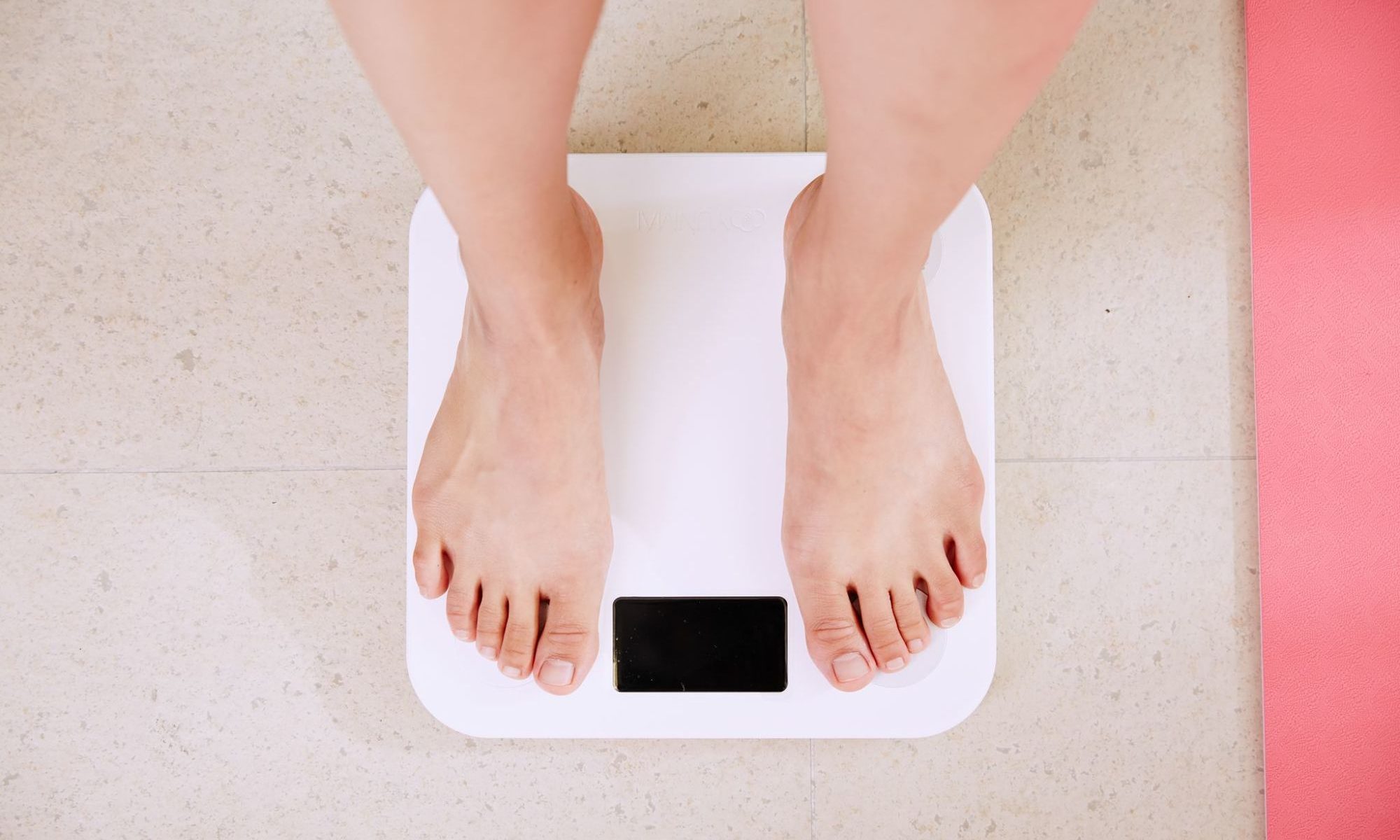As you know, there is a wide disparity and confusion associated with what causes weight gain and how we can lose weight. Regardless, the fact is that obesity is a significant health issue in the US and worldwide. What now is emerging, gaining weight is not just a matter of calories in versus calories out — it’s not just an issue with a person’s discipline on managing what they eat and the amount of exercise that they do.
Here we will focus on new research that provides a more intricate understanding of weight gain and obesity as a hormonal reaction to the food we eat and the drive of our bodies to maintain homeostasis through our weight set point. When fully understood, it explains why our current recommendations are only partial. Also, weight gain/obesity must be understood as a time-based condition, which occurs over long periods. For those interested in learning more there are two books we are recommending on the subject:
- Why We Get Fat and What To Do About It by Gary Taubes
- The Obesity Code: Unlocking The Secret of Weight Loss by Dr. Jason Fung
The new studies are showing that weight gain is a hormonal condition governed by Insulin and Cortisol.
Insulin
Insulin has multiple functions. One of the main purposes is moving glucose from the bloodstream into cells, which includes liver, muscle, fat, and brain cells. The body maintains a balance between the food consumed and the energy needed in the short term and energy required when we are not eating. Extra glucose at times of eating is converted to fat for later consumption. In a balance state, insulin is used during short intervals balanced with times of non eating.
Weight gain occurs when higher levels of insulin are needed over longer periods of time. This occurs based on diets with high amounts of refined sugar, high quanities of carbohydrates, snacks, and surgary drinks causing storage of fat.
Eating in this manner drives further insulin resistance. Insulin resistance means more insulin is needed to perform the same function while also increasing fat storage and therefore weight gain.
There are severe health problems associated with hyperglycemia if there is too much glucose in the blood. When insulin is elevated, and you exert yourself (exercise or work), rather than burning fat (stored energy) as designed, the presence of insulin assumes there is enough readily available glucose to meet the demand. When there is not, you get hungry even though there is fat available to meet the demand. The net effect is you gain weight.
Since the late 1950s we were told that fat was bad for us. Over the last 60 – 70 years our food products have removed fat. When they removed fat, they put in carbohydrates and chemicals, mostly refined sugar. It turns out there was no clinical evidence for eliminating fat from our diet.

Here are the behavior changes that have occurred since the 1970s that have resulted in the rise in the obesity epidemic:
- Adoption of low-fat, high carbohydrate diet
- Increased number of eating opportunities per day
- More meals eating out
- More fast food restaurants
- More time spent in cars and vehicles
- Increase use of computers and video games
- Increase in dietary sugar
- Increase use of high-fructose corn syrup
- Increase portion sizes
Some of the common beliefs that are not accurate.
- Calories in and calories out are independent of each other. Not all calories are the same. One hundred grams of broccoli is not treated by the body in the same way as the same amount of sugar or bread. Also, the level of insulin resistance affects how these calories are processed.
- The metabolic rate is stable. When the body tries to maintain a homeostatic state, it slows or speeds up metabolism causing different energy to be burned which we can not directly control.
- We control what we eat. As explained above, the body will create hunger based on the need for nutrition from eating empty food or due to high levels of insulin resistance
We all respond a little differently, and some individuals are more tolerant of carbohydrates than others. The best way to understand is to do personal testing to know how you relate to food. See the Tools Section.
Cortisol
Cortisol is our stress hormone. This hormone manages our fight or flight response to perceived threats. It provides the energy, glucose, to support our ability to respond. This mechanism was expected to be a short response, either escaping or dying. In our modern times we have conditions that cause stress over extended times, whether that be work situations or home situations, without the physical energy-consuming activities. The net result is elevated glucose from fat conversion increasing insulin and insulin resistance.
What we can do
Fundamentally we need to lower our insulin levels. If you are insulin resistant (prediabetic or diabetic), it is essential to reduce insulin resistance.
- Reduce those carbohydrates that increase your insulin levels. You can find this out by testing your blood sugar after eating specific foods.
- Eliminate sugars, especially sucrose and high-fructose corn syrup – considered by many as the worst foods that we eat.
- Reduce or eliminate processed foods. Replace with whole foods.
- Eat more good fats that do not raise insulin levels
- Moderate protein. Too much protein increases insulin.
- Consider a Ketogenic diet, at least for a while to reduce insulin resistance.
- Consider reducing the number of times that you eat each day, reducing insulin and allowing for fat burning.
- Consider fasting, both intermittent fasting and other types of fasting.
- Lower stress (Meditation, Yoga, Excercise, More time in nature, Quality relationships)
We recommend starting simply. Start with eliminating foods with sugar, especially those with sucrose and high-fructose corn syrups. Try eating food that has a low glycemic index. Then begin eating more good fats and fewer carbohydrates. As you start, you will begin to notice being more satiated and reduction in unconscious eating. The diet we are recommending to lose weight and reduce insulin and insulin resistance is the Ketogenic Diet. See the Resource section, “Ketogenic Diet” and “Getting Started”.

